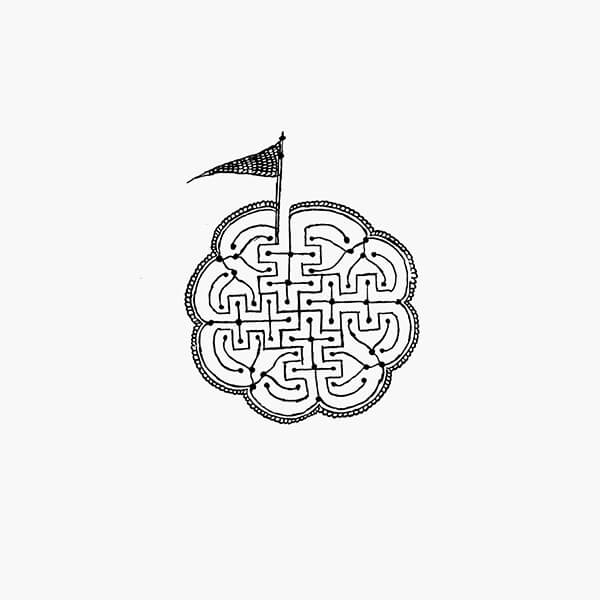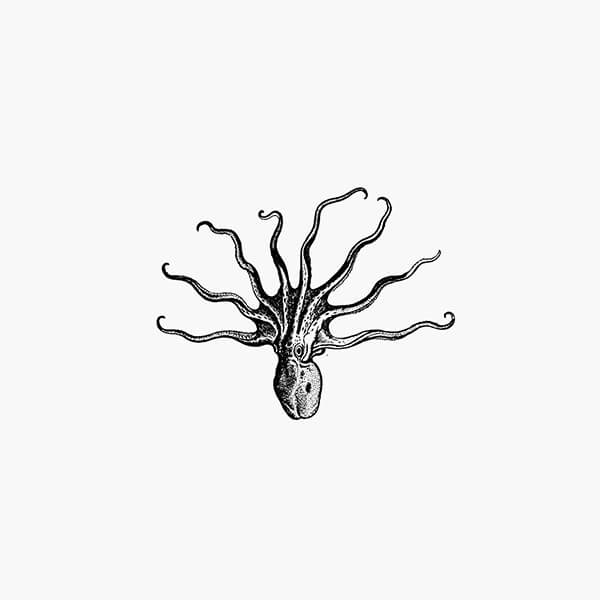



























Library of Babel
10366 Racconti argentini
AA.VV.. Edited and with an introduction by Jorge Luis Borges
1981 I ed. .
Language: Italian
A necessarily partial view of the Argentine literary scene, from which, however, from which, despite its brevity, the voice of the writers can emerge, a voice that in a certain sense is incapable of overlooking these southern solitudes.
This book includes some of Argentina’s most relevant writers. The story of Yzur by Lugones can be read in two ways: either as the narrative of an extraordinary experiment or as an account of two individuals who, over time, go mad, and end up somehow merging bestiality and humanity. The Squid in its own Ink by Bioy Casares masterfully depicts a village on the plains, bearing little or no resemblance to the pampas of the literati. Arturo Cancela and Pilar de Lusarreta’s El Destino es chambon is basically a play with time. The theme of Cortázar’s Casa tomada is the gradual intrusion of the fantastic world into reality. Silvina Ocampo stands out for her very personal imagination, a meticulous visual style and a certain delicate acceptance of human cruelty and misfortune. Federico Peltzer’s story is set in a village in the province of Buenos Aires, but could be set anywhere and in any century. The last story in the selection, by María Esther Vázquez combines her always limpid style with a melancholic fantasy, perhaps evocative of distant Celtic roots.